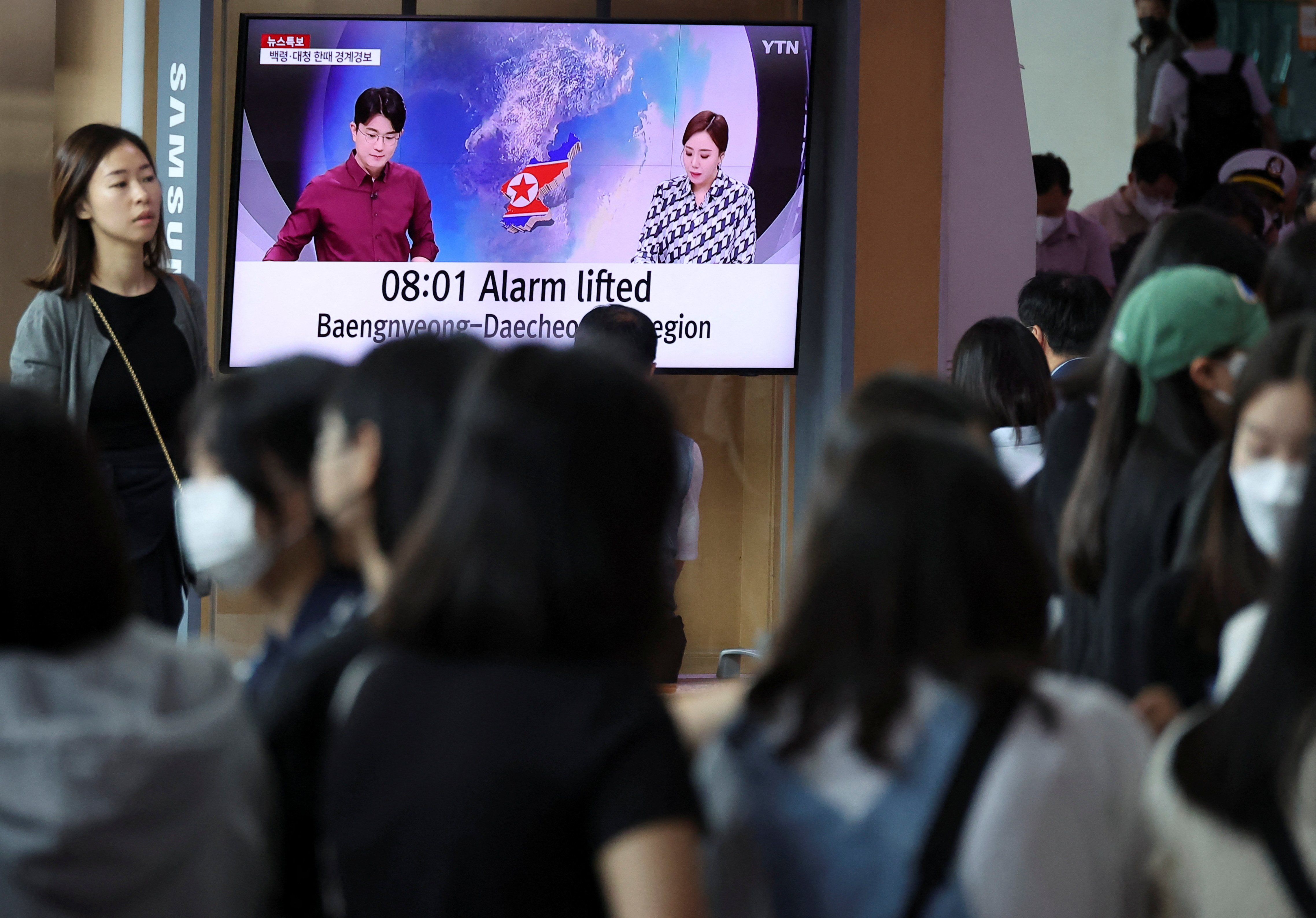124: South Koreans awoke Wednesday to frantic government warnings to seek shelter after North Korea launched its first spy satellite into space. But minutes later, Seoul told residents they could relax because Pyongyang’s projectile had gone bust, landing in waters 124 miles west of a South Korean island.
3: Russian airstrikes on Kyiv overnight killed three people, including a child. Two of the victims – a nine-year-old girl and her mother – were killed after they tried to enter a bomb shelter at a medical clinic during the strike but found it locked from the outside.
25 million: The Sudanese military said it will abandon a recently implemented ceasefire after six weeks of conflict with the Rapid Support Forces, a rival militant faction. Both sides accuse the other of violating the truce. Fighting is now expected to ramp up in the country, where the UN says that 25 million – more than half the population – already rely on humanitarian aid to get by.
2: Bogus trials have begun for two Iranian journalists who reported on the in-custody death of Mahsa Amini in Sep. 2022. Niloofar Hamedi’s charges include “collaborating with the hostile government of the United States” for reporting on Amini’s arrest, while Elaheh Mohammadi is being similarly charged for covering the slain woman’s funeral. Both could face the death penalty.
7: Hundreds of people flocked to a southwest English city this week to watch a group of revelers chase a
7-pound (3-kilogram) wheel of Double Gloucester cheese down a hill. (The winner gets to gloat
and keep the cheese.) But the event is not without safety concerns: The 19-year-old who won the women’s race was briefly knocked unconscious before getting back on her feet and soaring to victory.
